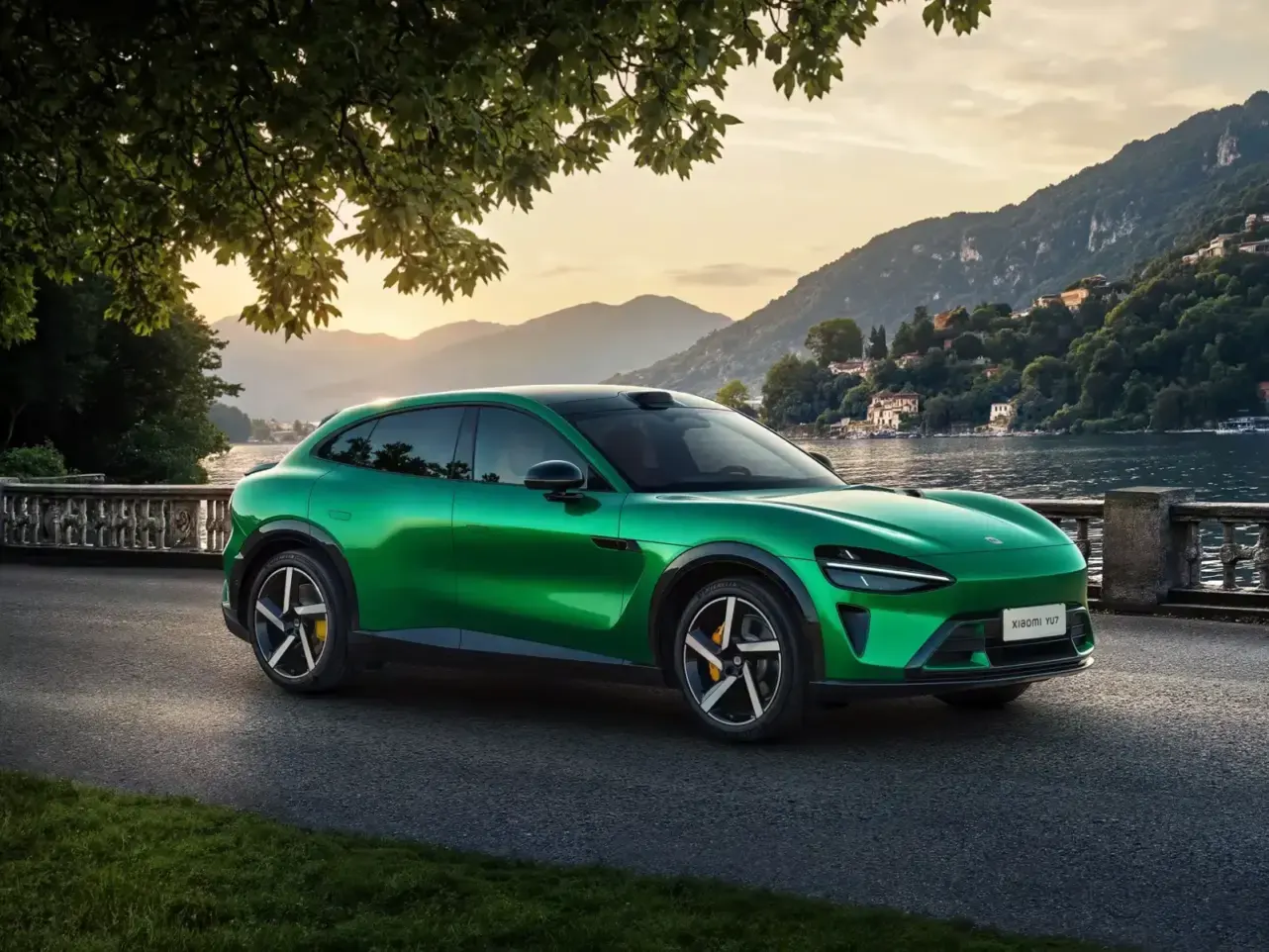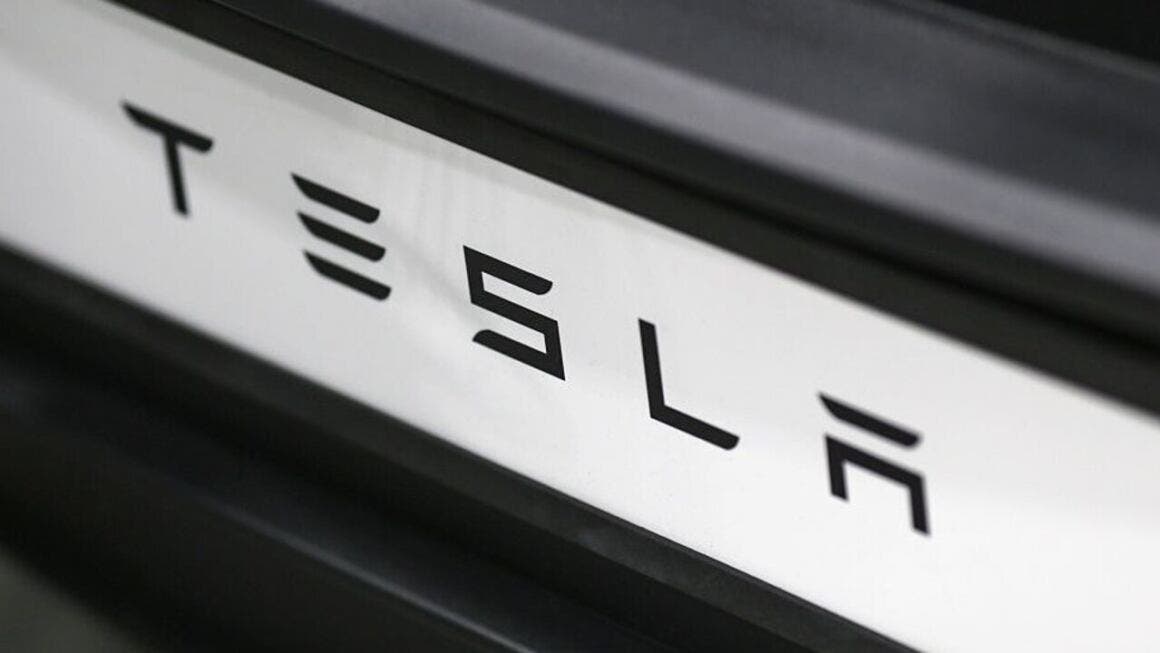The narrative surrounding the Chinese EV market usually centers on the dominance of giants like BYD. But a far more entertaining storyline is now unfolding. A technology company best known for smartphones has officially launched a surprise assault on the established order. The new sales figures for October 2025, released by the China Passenger Car Association (CPCA), confirm that Xiaomi is not just selling New Energy Vehicles (NEVs). It’s selling them at a truly frightening pace.
The numbers are startlingly clear. Xiaomi recorded 48,654 passenger vehicle retail sales in October. Crucially, its flagship Xiaomi YU7 model alone accounted for 33,662 wholesale units. This single SUV model achieved a monthly volume that, according to ECC Intelligence Bureau data, surpassed the domestic deliveries of the Tesla Model Y for the same period.

A vehicle whose first deliveries only began in mid-2024 has already started to outsell one of the segment’s reigning champions within its home territory. The comparison with Tesla is particularly painful for the American firm. Tesla’s overall wholesale shipments from its Chinese factory totaled roughly 61,500 units in October. However, the catch is that approximately 35,400 of those were earmarked for export, leaving a domestic Chinese delivery count of only 26,100 units. The Xiaomi YU7’s 33,662 units easily clear that bar in the crucial domestic medium-sized electric SUV category.

With this performance, Xiaomi has instantly positioned itself among China’s top-selling NEV manufacturers, placing it immediately behind titans like BYD and Tesla. This also follows the company’s announcement of over 40,000 deliveries. The brand’s cumulative YU7 deliveries have already shot past the 70,000 mark since its July launch. An unprecedented sprint into the market.
Chinese media analysts are pointing to the obvious catalyst for this explosive growth. Xiaomi’s brilliant integration of its in-house software and consumer electronics ecosystem. The company has leveraged its existing brand loyalty and tech-savvy reputation to hook younger buyers. It proves that in China’s electric vehicle segment, the seamless user experience often trumps legacy automotive credentials.
